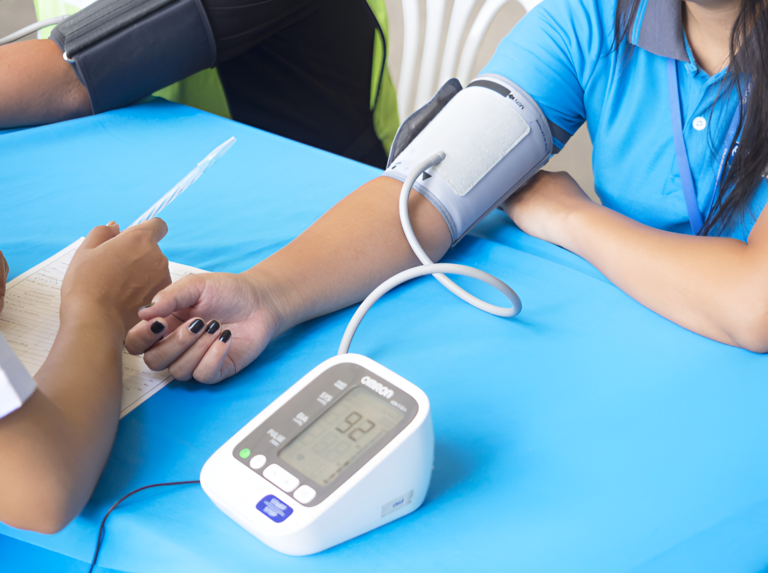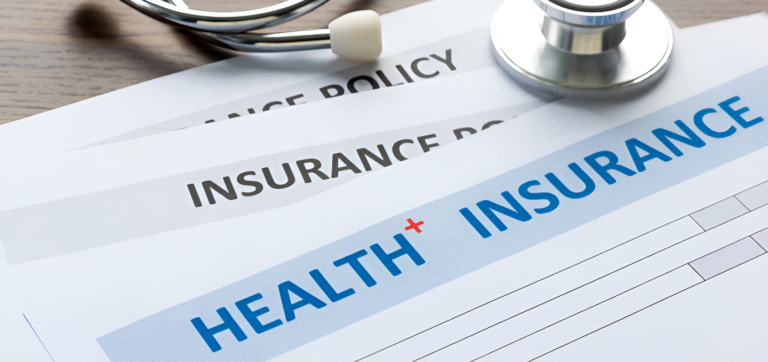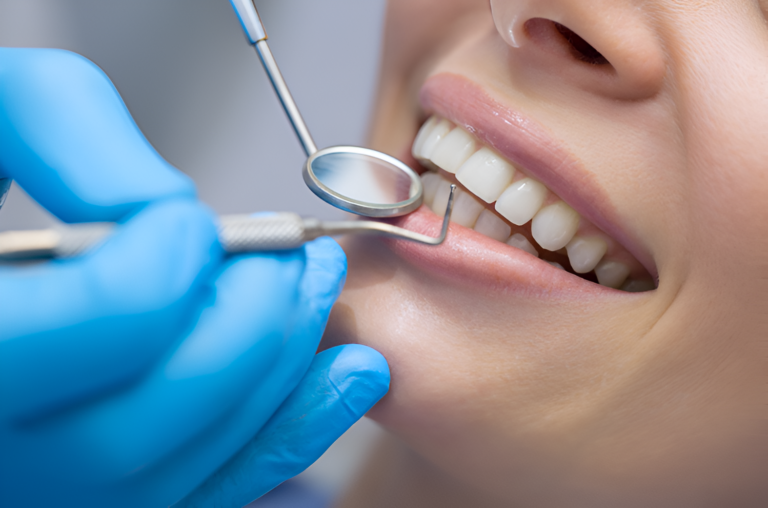Introduction
Dealing with your well-being isn’t just about feeling much better—it can fundamentally influence your financial well-being too. By making smart health investments, you can save money on hospital expenses, improve productivity, and even enjoy long-term financial benefits. Here are 10 health investments that provide a solid financial return, along with tips, savings estimates, and real-life examples.
1. Preventive Health Checkups
How It Pays Off:
Routine health screenings assist with distinguishing issues early and staying away from costly medicines for cutting-edge conditions. Health investments like these are crucial as numerous insurance plans presently cover preventive checkups for free.
Potential Savings:
$10,000-$50,000 in avoided costs for treating advanced illnesses like cancer or diabetes.

How To:
Schedule annual screenings for blood pressure, cholesterol, and general physicals. Platforms like Healthgrades or ZocDoc can help you find a doctor.
Real-Life Example:
A 45-year-old woman detected breast cancer early during her free annual mammogram, saving tens of thousands in treatments.
2. Gym Memberships and Home Fitness Equipment
How It Pays Off:
Regular exercise lessens the dangers of ongoing infections like coronary illness, weight, and diabetes—conditions that require costly lifelong medicines, making exercise a valuable health investment.
Potential Savings:
$5,000-$20,000 in annual medical expenses.

How To:
Choose cost-effective gym memberships or invest in home equipment like dumbbells, resistance bands, or a treadmill.
Real-Life Example:
John, a 40-year-old, reduced his blood pressure naturally through regular workouts, avoiding costly medications.
3. Healthy Meal Planning and Nutrition
How It Pays Off:
Eating a balanced diet prevents lifestyle diseases like obesity, diabetes, and heart problems, reducing medical costs and serving as an essential health investment.
Potential Savings:
$3,000-$15,000 annually from reduced medical bills and dining out expenses.

How To:
Plan meals weekly, focusing on whole foods, vegetables, and lean proteins. Use tools like MyFitnessPal or Yummly to plan meals effectively.
Real-Life Example:
Sarah switched to homemade meals and eliminated takeout, saving $200 per month while improving her cholesterol levels.
4. Investing in Quality Sleep
How It Pays Off:
Lack of sleep leads to productivity losses and health risks like heart disease and diabetes, increasing medical and workplace costs, while prioritizing good sleep serves as a crucial part of health investments.
Potential Savings:
$2,000-$10,000 per year in medical costs and missed work productivity.

How To:
Invest in a good mattress, blackout curtains, or sleep trackers like Oura Ring.
Real-Life Example:
Mark noticed his productivity increased after using a sleep tracker, helping him secure a promotion at work.
5. Mental Health Support and Therapy
How It Pays Off:
Mental health problems like anxiety and depression impact work performance and physical health, highlighting the importance of mental health care as a vital part of health investments.
Potential Savings:
$2,500-$10,000 annually by reducing missed workdays and avoiding stress-related illnesses.

How To:
Use therapy platforms like BetterHelp or Talkspace. Some workplaces offer free counseling services.
Real-Life Example:
Jane improved her mental health with therapy, reducing absenteeism and excelling at her job.
6. Quitting Smoking and Reducing Alcohol Consumption
How It Pays Off:
Smoking and excessive drinking increase long-term healthcare costs and reduce lifespan, making quitting these habits a valuable part of health investments.
Potential Savings:
$3,000-$7,000 annually from fewer healthcare costs and lower spending on cigarettes or alcohol.

7. Investing in Health Insurance
How It Pays Off:
A solid health insurance plan prevents you from paying out-of-pocket for emergencies or chronic treatments, making it a crucial part of health investments.
Potential Savings:
Thousands to hundreds of thousands depending on medical needs.

How To:
Compare health insurance plans on sites like Healthcare.gov or through employer-provided options.
Real-Life Example:
Tom avoided $30,000 in hospital fees after an emergency surgery covered by his insurance.
8. Dental Care
How It Pays Off:
Regular dental checkups prevent costly dental surgeries and associated health problems, making them an important part of health investments.
Potential Savings:
$500-$10,000 annually.

How To:
Visit the dentist twice a year and practice good oral hygiene.
Real-Life Example:
Lydia avoided a $5,000 root canal by addressing cavities early.
9. Investing in Vaccinations and Immunizations
How It Pays Off:
Vaccines protect against preventable diseases, saving on hospital bills and missed workdays, making them a valuable part of health investments.
Potential Savings:
$500-$5,000 annually.

How To:
Stay updated on vaccines like flu shots or COVID boosters. Many are free at local clinics.
Real-Life Example:
A family who received flu vaccines avoided a costly illness during winter.
10. Stress Management Activities
How It Pays Off:
Chronic stress contributes to heart disease, obesity, and anxiety, leading to medical costs and lost productivity, making stress management an important part of health investments.
Potential Savings:
$1,000-$10,000 annually.

Final Thoughts
Investing in your health is one of the smartest financial decisions you can make. From preventive checkups to improving your diet, these 10 health investments not only enhance your well-being but also protect your finances in the long run. Start today and enjoy the benefits of a healthier, wealthier life!
FAQs
Why is quality sleep considered an investment?
- Improving sleep quality boosts productivity, reduces healthcare expenses, and prevents conditions like heart disease and diabetes.
How does mental health support impact finances?
Good mental health reduces absenteeism, boosts work performance, and prevents stress-related health issues, leading to financial savings.
How do preventive health checkups save money?
Preventive checkups detect health issues early, reducing the need for costly treatments for advanced illnesses.

Owner of Paisewaise
I’m a friendly finance expert who helps people manage money wisely. I explain budgeting, earning, and investing in a clear, easy-to-understand way.


Pingback: How Weight Loss Saves You More Money: A Smart Investment in Your Health - Paisewaise